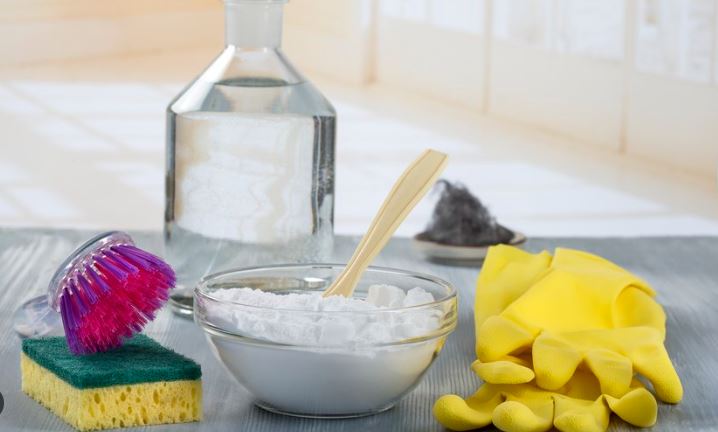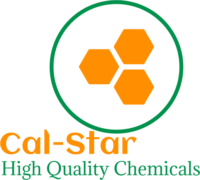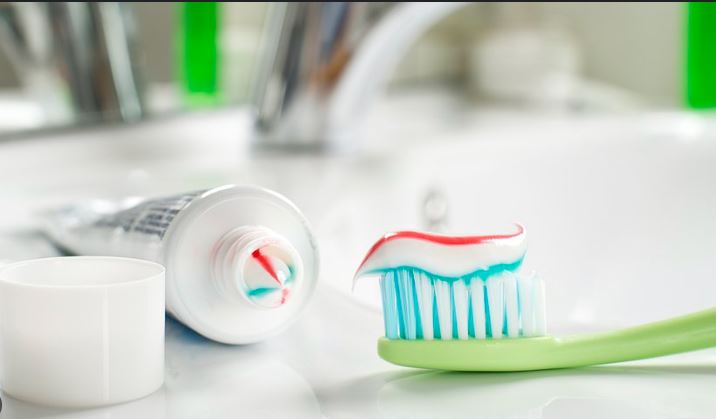Bases, substances that can accept protons or donate electron pairs, are integral to many everyday products. They play essential roles in various industries, from cleaning to food preparation, owing to their unique chemical properties. This post explores the types of bases commonly found in household items and their applications.

Bases in Everyday Products
Sodium Hydroxide (NaOH)
Sodium hydroxide, often known as lye or caustic soda, is a strong base widely used in household products. It is a key ingredient in drain cleaners, where it reacts with grease and organic materials to clear blockages. Additionally, sodium hydroxide is essential in soap making, contributing to the saponification process that transforms fats and oils into soap.
Ammonia (NH₃)
Ammonia is a common base in household cleaners. It effectively cuts through grease and grime, making it ideal for cleaning windows, ovens, and bathroom surfaces. Ammonia solutions are also used in the textile industry for fabric softening and stain removal. Its volatility ensures that residues evaporate quickly, leaving surfaces clean and streak-free.
Baking Soda (Sodium Bicarbonate, NaHCO₃)
Baking soda, a mild base, is a versatile household product. In baking, it commonly acts as a leavening agent, producing carbon dioxide gas to make dough rise. Beyond the kitchen, baking soda serves as a deodorizer, mild abrasive for cleaning, and neutralizer for acidic spills. Its non-toxic nature makes it a safe and effective cleaner for various surfaces.
Calcium Hydroxide (Ca(OH)₂)
Calcium hydroxide, also known as slaked lime, finds applications in both household and industrial products. It is used in water treatment to adjust pH levels and remove impurities. In the construction industry, it is a key component of mortar and plaster. Additionally, the food industry uses calcium hydroxide for processes like nixtamalization, enhancing the nutritional value of corn.
Potassium Hydroxide (KOH)
Potassium hydroxide is a strong base similar to sodium hydroxide, used in various cleaning products and industrial applications. It is a primary ingredient in many liquid soaps and soft soaps, providing effective saponification. In the agricultural sector, potassium hydroxide contributes to soil alkalinity and nutrient availability by producing fertilizers.
Magnesium Hydroxide (Mg(OH)₂)
Magnesium hydroxide is commonly known as milk of magnesia. It serves as an antacid to neutralize stomach acid and relieve indigestion and heartburn. Additionally, its a laxative to treat constipation. In the cosmetic industry, magnesium hydroxide is an ingredient in deodorants due to its ability to absorb moisture and neutralize odor.
Household Cleaning Products
Many household cleaning products contain bases to enhance their cleaning power. For example, oven cleaners often contain sodium hydroxide, while many all-purpose cleaners include ammonia. These bases help break down stubborn stains and grease, making household chores more manageable. Their effectiveness and versatility make them staples in home maintenance.
Personal Care Products
Bases are also prevalent in personal care products. Shampoos and conditioners often contain sodium hydroxide or potassium hydroxide to adjust pH levels, ensuring product stability and effectiveness. Toothpastes include mild bases like baking soda to neutralize acids in the mouth and provide gentle abrasion for cleaning teeth. These applications highlight the importance of bases in maintaining hygiene and personal care.
Conclusion
Bases are crucial components of many everyday products, enhancing their functionality and effectiveness. From cleaning agents like sodium hydroxide and ammonia to personal care items containing baking soda and magnesium hydroxide, bases play diverse roles in our daily lives. Understanding their applications underscores the importance of chemistry in creating products that improve our quality of life.




